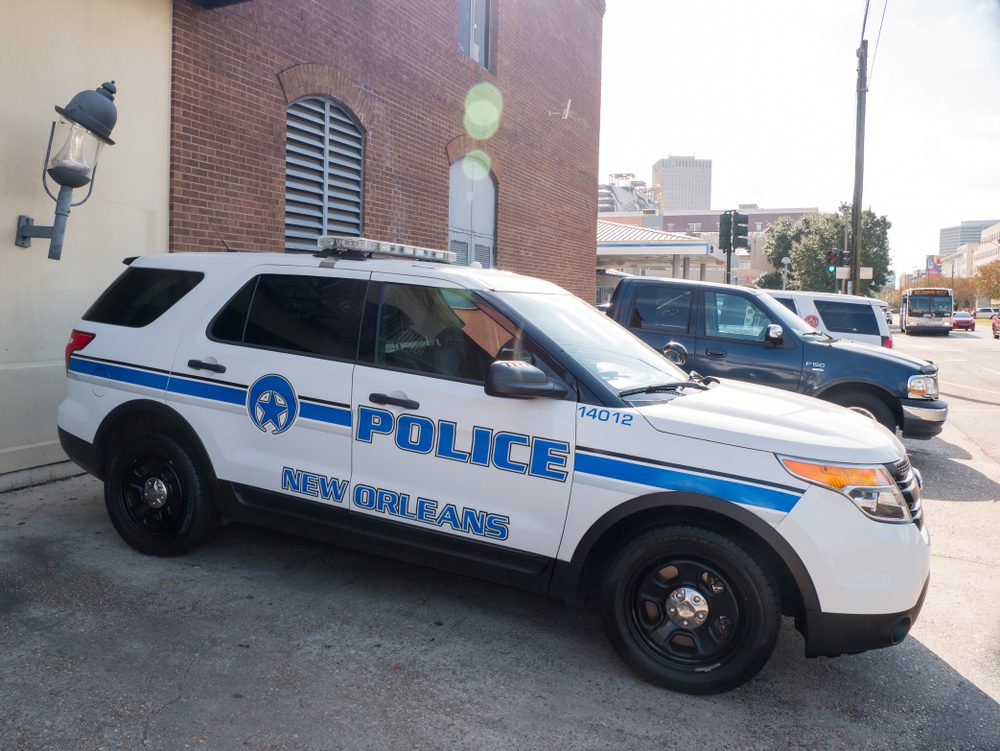Nearly five decades after a 16-year-old boy went on a heroin binge and terrorized the gay community in New Orleans, leading to the death of at least three gay men, he has been granted an early release.
Warren Harris Jr. was found guilty in 1977 of three counts of first-degree murder in the stabbing deaths of Jack Savell, Alden Delano, and Ernest Pommier. He received three consecutive life sentences without the possibility of parole.
He was cleared of charges related to the killing of a fourth gay man, Robert Gary.
While the police searched for clues in the murders, newspapers nationwide reported extensively on The French Quarter Stabber.
In April 1977, the Times-Picayune in New Orleans described Harris’ crimes as driven by a “aversion to homosexuals.”
Prosecutors claimed Harris was involved in sex work and committed the murders after engaging in sexual activities with his victims. The drug-fueled killing spree prompted an uncommon warning from the New Orleans police superintendent to the gay community.
During the appeal, Harris alleged that the police coerced him into making a confession; the Louisiana Supreme Court upheld his convictions.
Decades later, Harris, along with many other “juvenile lifers,” was granted relief following a 2012 U.S. Supreme Court ruling that deemed life sentences without parole for minors unconstitutional except for “the rare juvenile offender whose crime reflects irreparable corruption.”
By 2017, “juvenile lifers” in Louisiana could be considered for parole after serving 25 years, obtaining a GED, and maintaining a clean disciplinary record for a year. In September, Harris, without any disciplinary issues for seven years, finally earned his GED after six attempts.
During his parole hearing last week, Harris, now 63, attributed his actions to his heroin addiction.
“I needed money to support my drug habit, and I became associated with some of the victims. I was asked to accompany them to their homes, and when we entered, I robbed and killed those men. I regret it and I'm sorry every day,” Harris stated.
Harris was supported at the hearing by his lawyer, a representative from the nonprofit Louisiana Parole Project, which intends to assist Harris with housing and services upon his release, and his sister, Brenda Palmer.
Getting emotional during a video call, Palmer mentioned that she and her brother turned back to “the principles on which we were raised, and that was the principles of Jesus Christ.”
“Warren has been like a father and uncle to my children, my grandchildren, and we rely on each other. When I visit, I don’t just go to see him. I go because I need him,” she expressed. “I'm here to support him until the day God calls us all home.”
Harris assured the board that he has been prepared for release through drug courses in prison, and Kerry Myers from the Parole Project testified that the heroin influence on Harris as a young man was a distant memory.
“Mr. Harris is no longer a 16-year-old addicted child,” Myers emphasized. “He is a 64-year-old man who has served 46 years for these crimes. He has a support system.”
However, the board required Harris to take drug tests twice a month for six months.
None of Harris’ victims' family members were in attendance.









